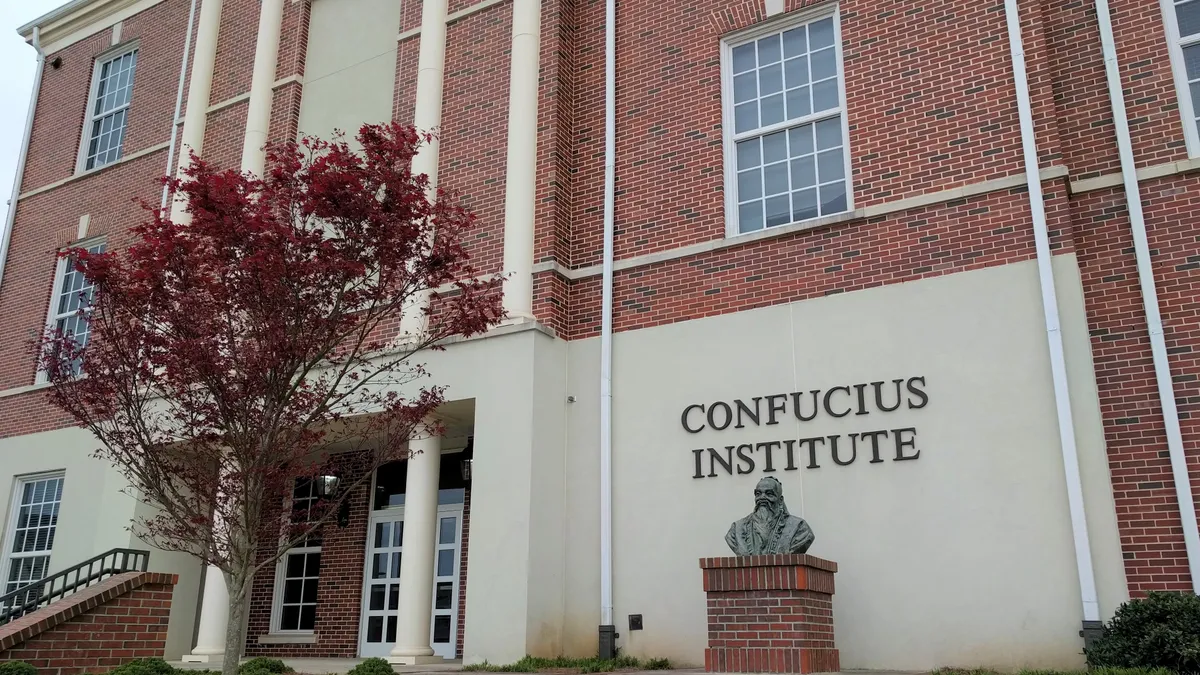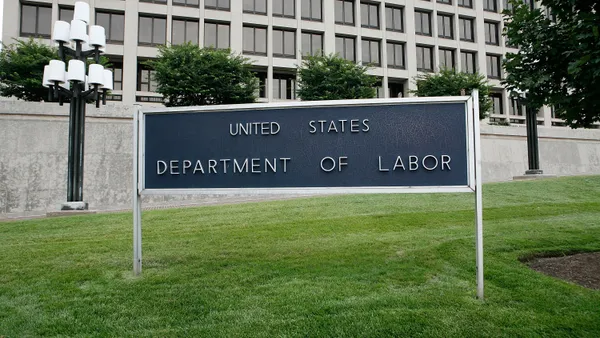Dive Brief:
- A detailed new U.S. Senate report on the Confucius Institute, a major Chinese cultural education program, sounds alarms about it promoting Chinese government messaging while stifling academic freedom on some 100 college campuses and in K-12 classrooms.
- The 93-page report said the institutes restrict discussion of topics sensitive to the Chinese government. It also claimed similar outreach by the U.S. in China is restricted, and it said colleges too often don't disclose funds received from the institute.
- In a separate report released this week, the Government Accountability Office noted the concerns but said the U.S. institution often has control over the message. It made recommendations for improving the relationships.
Dive Insight:
The pair of reports reflect concern in some areas of politics and education about the Chinese government's influence on U.S. schools and colleges.
Some of those concerns came up during a hearing on the report's findings, where lawmakers weighed advantages like expanding critical language skills with potential downsides, The Chronicle of Higher Education reported. Much of the concern stems from limited transparency around how the Confucius Institute selects instructors and leadership.
Several U.S. colleges have cut ties with the controversial program. Among them, the University of Michigan late last year announced it would not renew its agreement when it expires this year. Others to do similarly include the University of Chicago, Pennsylvania State University, the University of North Florida, the University of West Florida and Texas A&M, as well as Canada's McMaster University.
Concerns over academic freedom also have involved exchange programs and campuses run by U.S. institutions in China. The University of California System recently issued a warning to students and faculty in China, recommending they take extra precaution when interacting with officials and using electronic communications there.
The potential rift between the U.S. and China over academic freedom, as well as tightening immigration policies and threats to ban students hailing from that country, has some colleges concerned.
The University of Illinois at Urbana-Champaign took out a $60 million insurance policy to protect it from the loss of a significant number of Chinese students. Chinese students account for about one-third of international students at U.S. colleges and universities.













